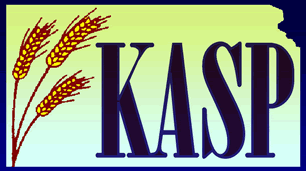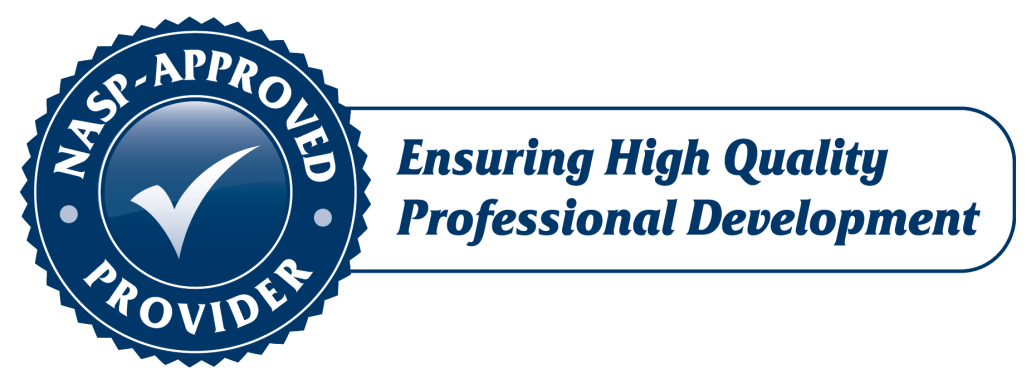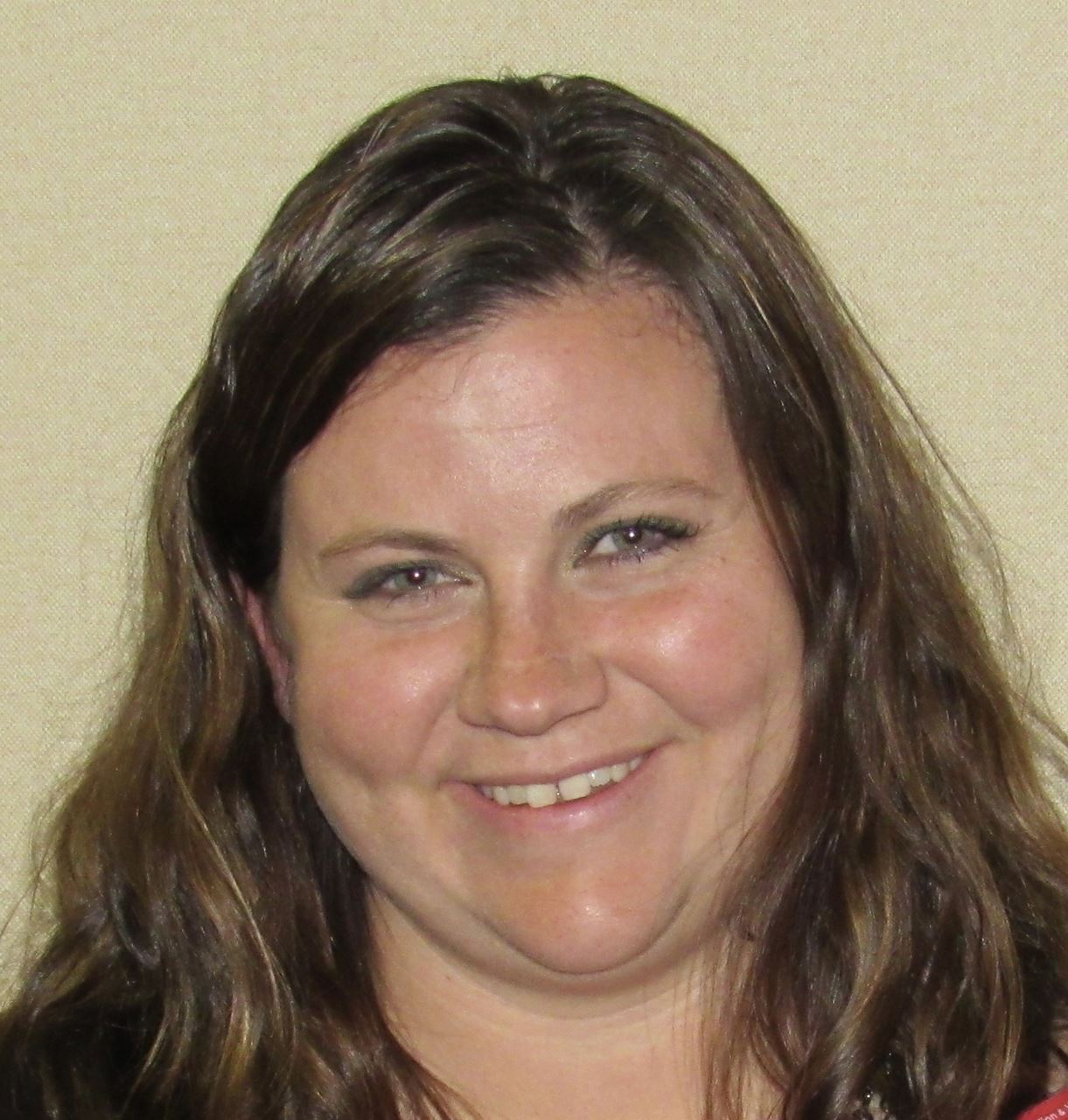| KANSAS ASSOCIATION OF SCHOOL PSYCHOLOGISTS
Empowering Children, Educators, and Families |
Kansas Association of School Psychologists
Spring 2020 Edition
Lina Kitson, Editor Teresa Walters, Associate Editor
Please Welcome the New KASP Board Members Stacy Moddie-President Elect Julie Zollinger-Treasurer Teresa Walters-Associate Editor Melissa Sullivan-Executive Manager Amy Drinnon-Conference Chair Lori Thornton-Central Region Director Kaira Hayes-Southeast Regional Director Jennifer Kitson-University Representative Molly Spencer-Student Representative |
Hello everyone! I hope you have had a relaxing holiday break as you start back into the New Year. We have had some new things happen with the KASP board that I am excited to share. At our recent Winter retreat, we changed some over some executive board roles and updated our strategic goals. We had some amazing people finish their term or resign from the board that have been on the KASP board for a long time. I want to give special recognition to:
Serving in a leadership role is rewarding but as you know these are volunteer positions. We appreciate the hours that these people have volunteered their service to help grow and expand our association. Please take a look at our executive board page to see some new faces. With new board members we hope to continue to strive toward serving our membership in a variety of ways. As we reflected on our board goals we have moved forward in Board Collaboration and Local/State Partnerships. As part of our Board Collaboration, we have updated our constitution/bylaws with our general membership and updated our standing rules as an Executive Board. These are tedious items but really help us run our board meetings more effectively so that we can begin to tackle more Mega-Issues going on in our state like Dyslexia or potential changes to exceptionality labels. Our other strategic goal we have shown significant progress in is building Local/State Partnerships. KASP has been a part of many task forces this year and recently state leaders have been calling upon our association for insight on big issues. Providing stronger professional learning and relevant resources is our goal to move forward this year to become a better association for you. Please key into this Newsletter for some more information about Dyslexia. Please feel free to contact us with any questions and let us know how we can better serve you. Psyched to be your President Jessica Mefford |
Board Minute Summary by Angie Howard, Secretary The KASP Board convened in Junction City, Kansas on the evening of Friday, January 3, 2020 and on Saturday, January 4, 2020. The Board engaged in roll call and new members were welcomed. Members reviewed constitutional changes approved by membership on October, 3, 2019 at the meeting of general membership. Members of the board engaged in Onboarding procedures, which included a review of board responsibilities and the Constitution. The board members also participated in Web training related to fulfilling duties as members of the KASP Executive Board. |
|

Feb 6 2020
9:00-4:00 PM
Kansas State Capitol
Topeka, KS
The School Mental Health Lobby Day is co-sponsored by the Kansas Association of School Psychologists, the Kansas School Social Workers Association, and the Kansas School Counselors Association.
The School Mental Health Lobby Day will help participants learn about details of school finance, the importance of school mental health, and how to effectively communicate with policymakers. Participants will also have the opportunity to meet with Kansas Legislators and advocate for school mental health services.
9:00 Welcome
9:00-9:45 Dr. Sue Peterson (KSU Governmental Relations)
9:45-10:15 Lieutenant Governor Lynn Rogers
10:15-10:30 Break
10:30-11:30 School Mental Health Team (Seaman USD 345) Panel Discussion
11:30 Closing Remarks
11:45 Lunch
The afternoon session is designed to allow participants to attend hearings and schedule appointments with legislators to share information about school based mental health.
Sponsored by Representative Fred Patton
To contact your legislators, click here and use the Find Your Legislator tool on the left side of the page.
$10 Registration includes lunch
If you are a member of KSSWA or KSCA, you may register for this event through your organizations website. Click here to register.



Timely Topics About the work of the Dyslexia Task Force and Recommendations Committee Provided by Deb Farr The creation and work of the Kansas Legislative Dyslexia Task Force was the results of legislation passed after grass-roots efforts lead mostly by parents in regard to their students reading needs not being met and their experience of resistance by schools to evaluate their children when dyslexia was suspected. The original Task Force was led by then KSBOE President Jim Porter and made up of parents, legislators, educators, independent intervention providers, and was expanded to include educators. It was further expanded to include educators with specific knowledge and practice related to reading and dyslexia; this is how I came to be on the Task Force. The Recommendations Committee was the result of the Task Force’s work and created with the purpose of developing a plan to actualize the work of the Task Force; I was on that Committee along with other professionals, parents, KSDE, and independent providers. While a primary original goal of the parents (as they initiated legislation) was to mandate dyslexia screening in public schools, the work of the Task Force revealed that screening for dyslexia is not where the root of the problems lies. Rather, the work of the Task Force revealed that standards upon which teacher and reading specialists preparation are based were not adequately addressing the foundations of reading including how the brain actually learns how to read, what foundational concepts and skills need to be included and implemented into reading instruction, and how to identify and plan for students who are struggling readers. Those with dyslexia were just the tip of the iceberg.Additionally, some sad (my opinion) experiences regarding and impacting our profession and practices of Kansas school psychologists were spotlighted during the work of the Task Force and Recommendations Committee. Many parents and administrators reported that often school psychologists were persons and professionals who seemed to be part of the problem, specifically in terms of identifying children with dyslexia. Parents and administrators frequently reported that school psychologists stated they couldn’t or would not identify dyslexia or do evaluations when dyslexia was suspected. Parents frequently reported they were faced with school professionals (school psychologists, administrators, special education directors, teachers) incorrectly calling dyslexia a “medical” condition and requiring parents to seek outside evaluations. Administrators sometimes added to this problem by reporting they did not believe school psychologists were qualified to evaluate and identify dyslexia. All of these reports are in contrast of NASP position statements and articles (2011 NASP Position Statement: Identification of Students With Specific Learning Disabilities; Communique, Volume 46 Issue 3, pp. 1, 20-23) and statements by KSDE (Addressing Dyslexia within MTSS, September 2011; and in the Kansas Special Education Process Handbook). Furthermore, school psychologists reported that sometimes these barriers were placed by administrators barring them from doing this part of their job.
If I were to make any recommendations to my fellow colleagues as a way to become a leader and not part of a barrier, I would offer these ideas:
Additional Dyslexia resources The Reading League is a non-profit organization aimed at advancing evidence in practice in the area of reading. While we have long known the importance of the Big 5 (phonological awareness, phonics, fluency, vocabulary, and comprehension), few schools have included those components in their core instruction in a way that produces the kind of learning results that develops skilled readers. Cognitive science has continued to emphasize the importance of explicit and systematic reading instruction but has also led to new findings related to the importance of advanced phonemic proficiency and its role in orthographic mapping. The Reading League’s mission is singular: advance the knowledge and implementation of evidence-based practices into the instruction of reading. |
-Save The Date- Spring Convention 2020 May, 8 2020 8:30 AM - 3:30 PM (CDT) Emporia, KS Strengthening Executive Functioning Skills in Children and Adolescents Presented by Dr. Peg Dawson Additional information can be found here! |
Graduate Student Corner |
The NASP 2020 annual convention registration is open. Please click here for additional information.
|
Kansas Association of School Psychologists (KASP) is approved by the National Association of School Psychologists to offer continuing education for school psychologists. KASP maintains responsibility for the program.

KASP is a NASP approved provider of CPDs. KASP is approved provider #1030
No person will be denied access to or full participation in any KASP program, event or activity on the basis of sex, race, color, national origin, disability, or age.




